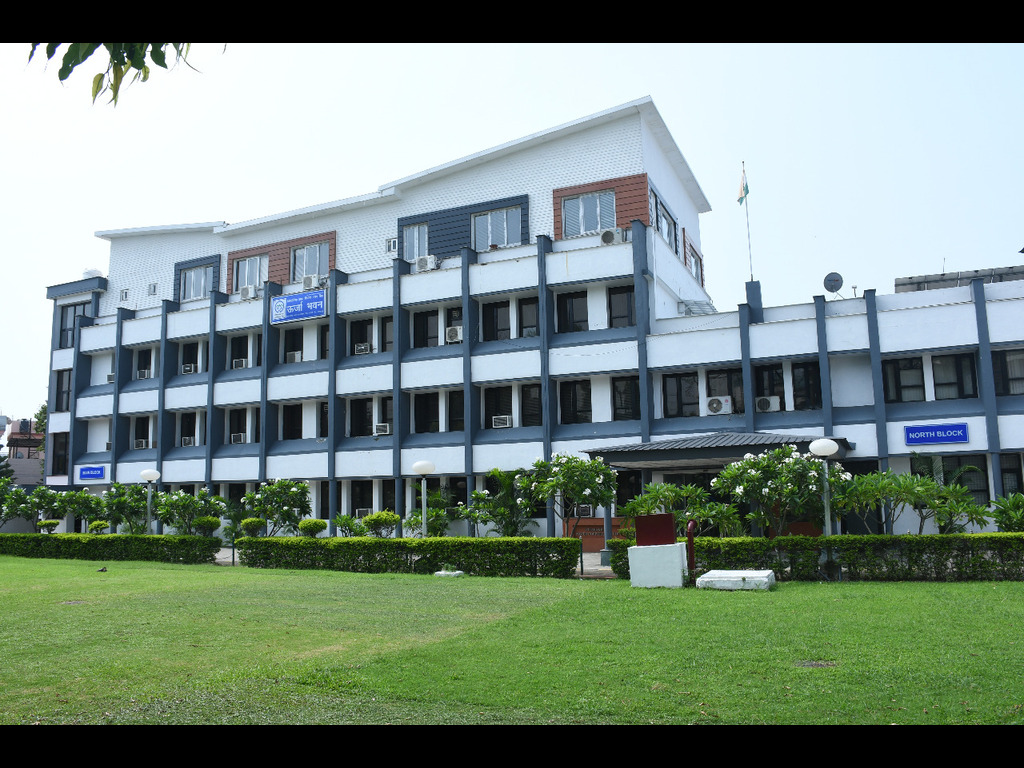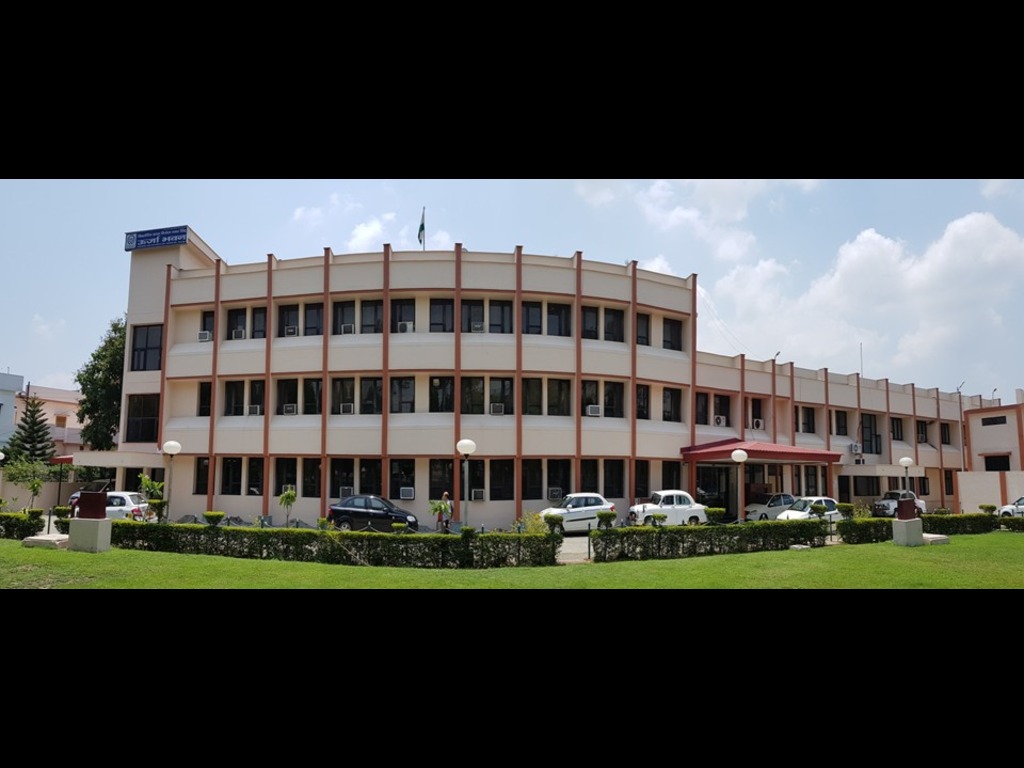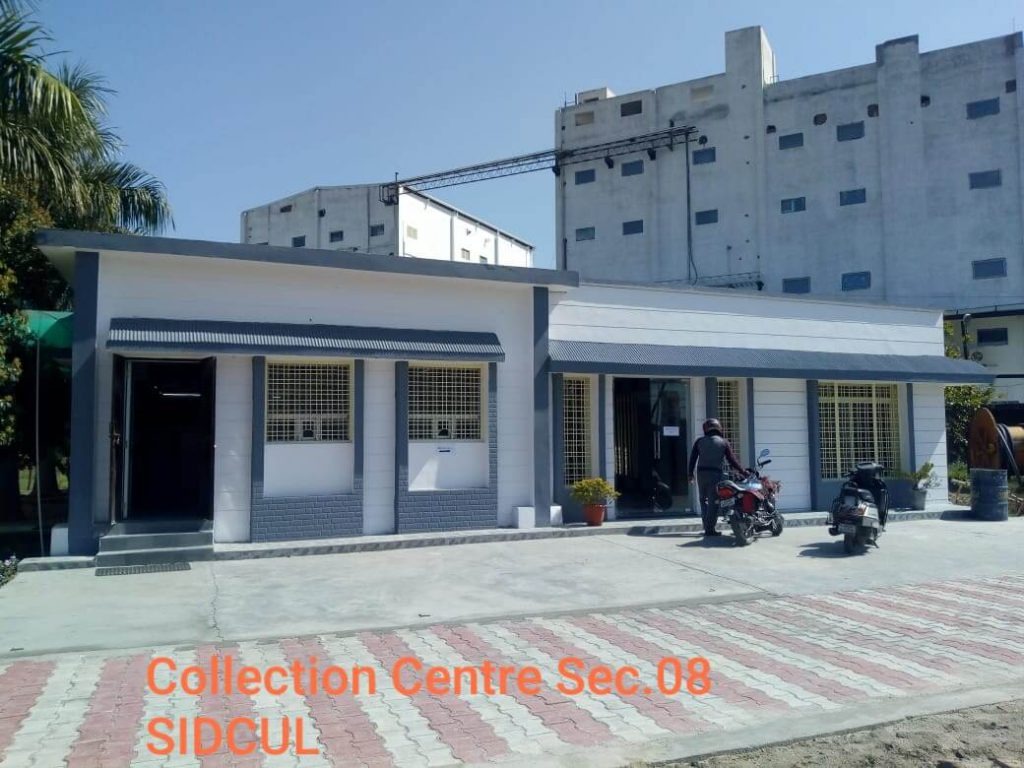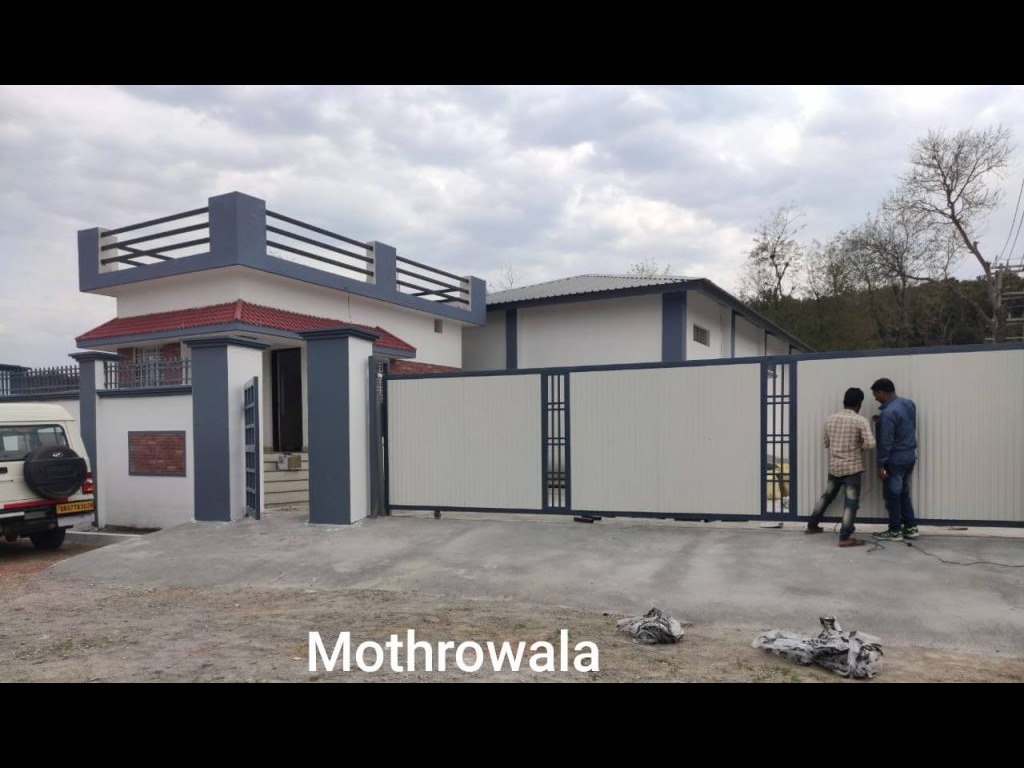Project - APDRP
Project Information
- Project Name: APDRP
- Role: System Engineer
- Project Duration: June 2012 – February 2013
- Location: Dehradun, India
Description
The Accelerated Power Development and Reforms Program (APDRP) is a government-run organization responsible for managing the electricity and power supply to the Indian state of Uttarakhand. To enhance the services provided to citizens, APDRP proposed to replace the older existing solutions with the latest monitoring solutions available in the market. The project aims to improve the reliability and efficiency of the electricity supply, and to provide the citizens with better monitoring, reporting, and control of the power distribution system.
Project Responsibilities
Monitoring Tools:
IBM ITM, Netcool Omnibus and Probes, Netcool Impact, ITNM
Database:
IBM DB2
Operating System:
RedHat Linux, Windows
- End-to-end implementation of IBM Tivoli Monitoring and IBM Tivoli Netcool Suite in a high-availability architecture and integration with IBM Tivoli Network Manager (ITNM)
- Installation and Configuration of DB2 as the monitoring system database
- Configuration of multi-tiered object server in a high-availability setup
- Remote deployment of IBM Tivoli Monitoring Agents
- Development of complex monitoring situations to meet specific customer requirements utilizing SNMP and other protocols
- Bi-directional integration of Tivoli Netcool Omnibus with IBM Tivoli Monitoring (ITM)
- Development of advanced probe rules using MIB files for monitoring devices and applications
- Development of Netcool Impact policies for automated incident response, email notifications, event suppression, and event enrichment
- Customization of probe rules for event correlation and deduplication
- Real-time network maps visibility with rich and customizable maps for monitoring and troubleshooting
- Development of custom dashboards and maps for advanced visualization
- Creation of users and assigning appropriate roles for access control and security
- Comprehensive documentation of the entire implementation and preparation of User Acceptance Testing (UAT)
- Involvement in end-user training and ongoing post-release support
- Training of Network Operations Centre (NOC) and Enterprise Network Operations Centre (ENOC) users
- Demonstration and UAT support




